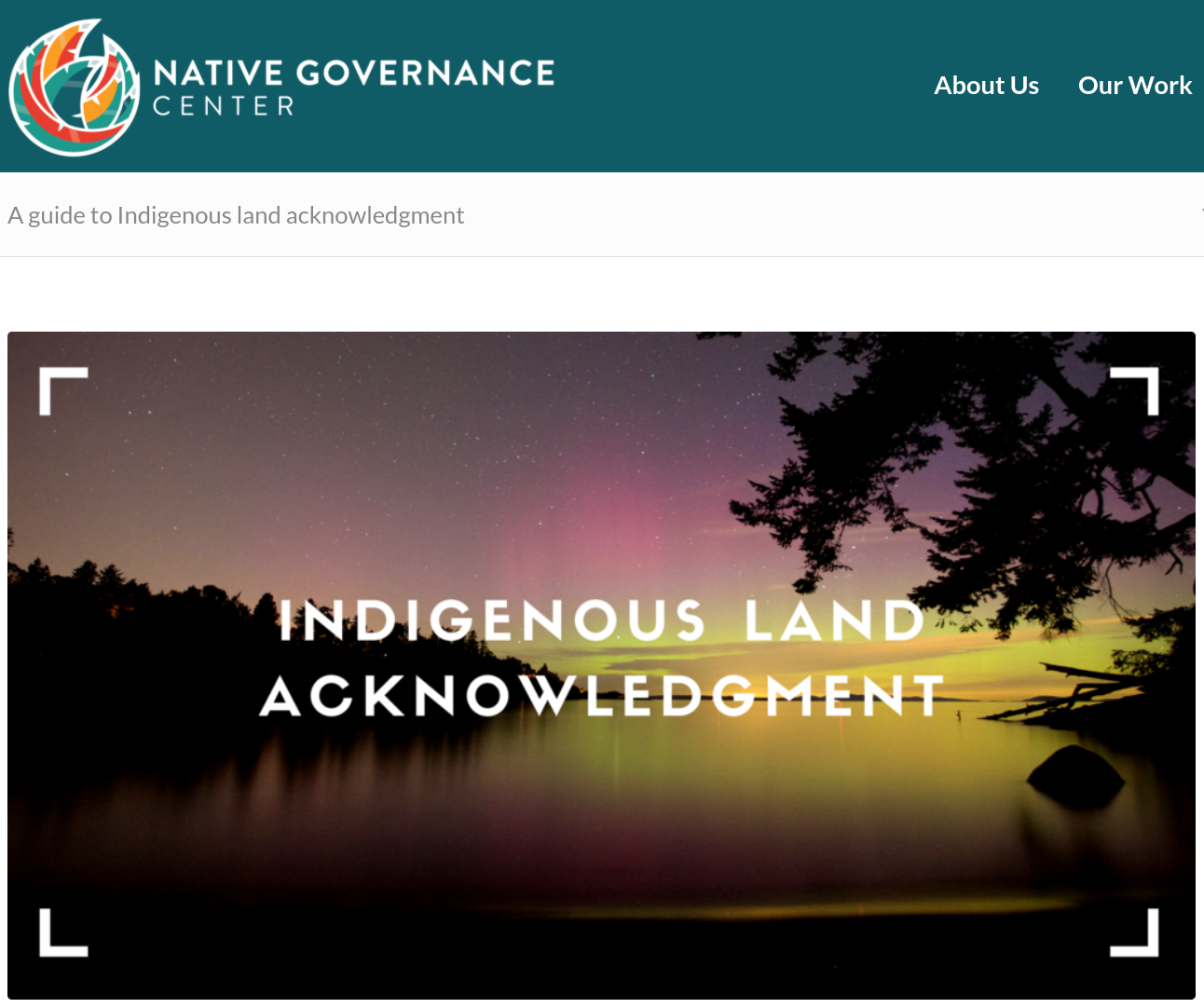Showing Our Work

A Land Acknowledgement Process
This October, beginning near Indigenous People's Day, Firebird initiated an ongoing conversation with Board, staff, and youth about indigenous land acknowledgements. As we crafted a land acknowledgement to open a Board meeting, the complexity of the task came to the surface. We did not want to make a land acknowledgement in a performative way or to seem to have "checked a box."
As such, Firebird formed a working group around language, colonialism, and oppression and how words can be used to create or take away space and power. We are crafting our own Acknowledgement and Language Recommendations, which we will share as they emerge. We are guided by the following resource from the Native Governance Center, from which we share excerpts here in the hopes that others will begin to engage deeply with this process, the land we are on, and the relationships we build with it and with each other.
Start with self-reflection. Before starting work on your land acknowledgment statement, reflect on the process:
- Why am I doing this land acknowledgment? (If you’re hoping to inspire others to take action to support Indigenous communities, you’re on the right track. If you’re delivering a land acknowledgment out of guilt or because everyone else is doing it, more self-reflection is in order.)
- What is my end goal? (What do you hope listeners will do after hearing the acknowledgment?)
- When will I have the largest impact? (Think about your timing and audience, specifically.)
Do your homework. Put in the time necessary to research the following topics:
- The Indigenous people to whom the land belongs. Use www.native-land.ca as a resource.
- The history of the land and any related treaties.
- Names of living Indigenous people from these communities. If you’re presenting on behalf of your work in a certain field, highlight Indigenous people who currently work in that field.
- Indigenous place names and language.
- Correct pronunciation for the names of the Tribes, places, and individuals that you’re including.
Use appropriate language. Don’t sugarcoat the past. Use terms like genocide, ethnic cleansing, stolen land, and forced removal to reflect actions taken by colonizers.
Use past, present, and future tenses. Indigenous people are still here, and they’re thriving. Don’t treat them as a relic of the past. Here is a great place to learn from, engage, and support Chicago's indigenous peoples right now: www.aicchicago.org
Land acknowledgments shouldn’t be grim. They should function as living celebrations of Indigenous communities. Ask yourself, “How am I leaving Indigenous people in a stronger, more empowered place because of this land acknowledgment?” Focus on the positivity of who Indigenous people are today.